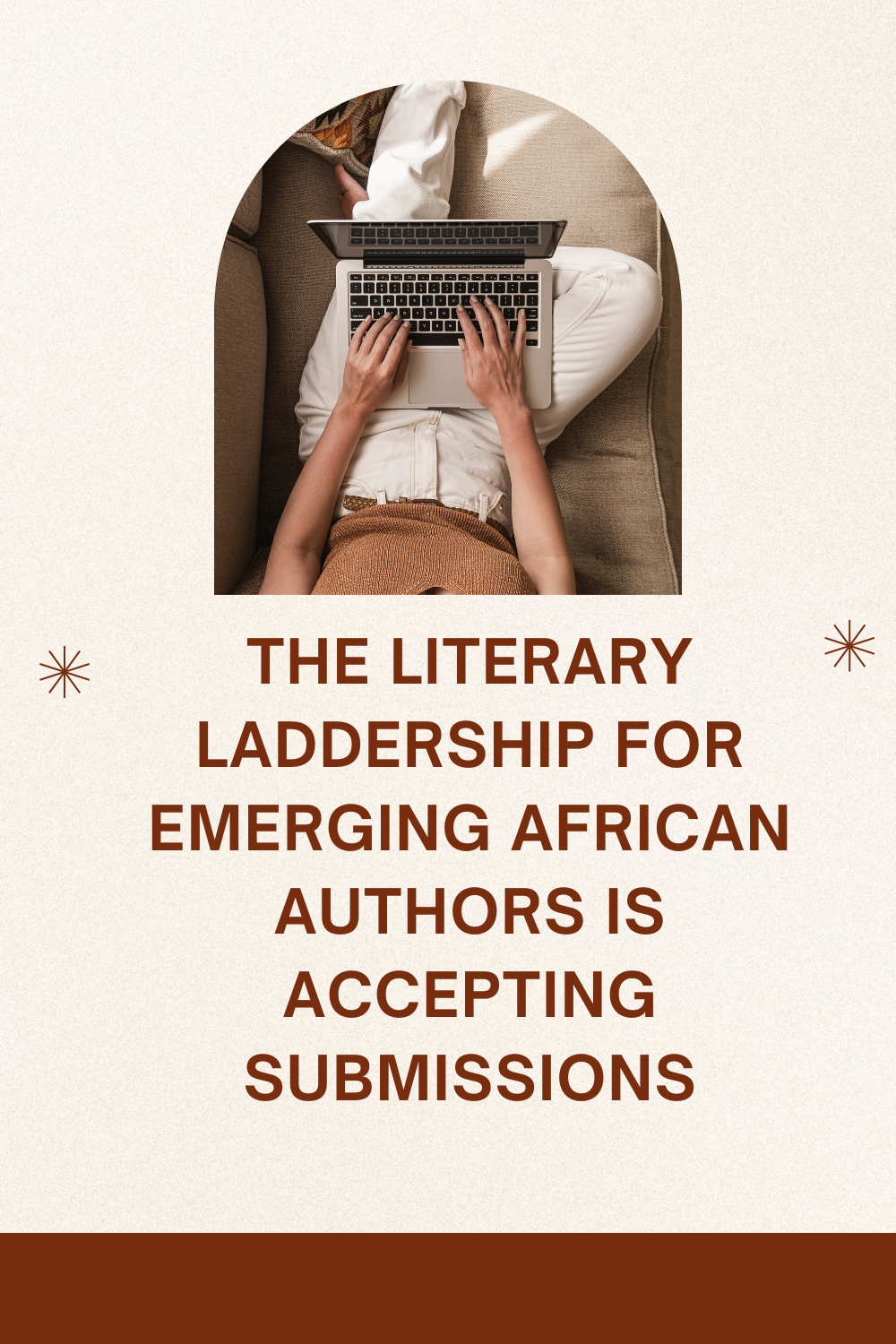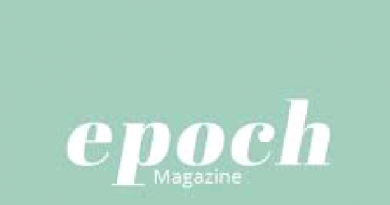The Iworder Art of Creation Writing workshop (Personal Experience + Writing Tips)
A writer shares her experience at the Iworder Art of Creation Writing workshop, allowing one to experience learning creativity at a workshop through her eyes, ears and the creative way in which she tells the story. This is an experience that every writer can learn from.
The journey to the Iworder Art of Creation Writing Workshop begins when I tell my parents I have to attend a writing workshop in Ife. I am met with my father’s paranoia and my mother’s quiet optimism.
The workshop had been scheduled for last year December, and just when we thought it wouldn’t hold, the email came in with a solidity of something planned with delicate intent. There are reading and writing materials, a well-crafted itinerary, and the promise of new memories. I haul two bags across my shoulders and travel 8 hours to meet strangers. I arrive late.
The Iworder Art of Creation Writing Workshop
On day one, there is an unfurling. The journey to creating art begins. Between the hesitant hellos and shy smiles, I wonder if I am meant to be here. On foreign soil, bristling with excitement, wondering if I still know how to write. Breakfast brings us together. There is a shared vulnerability when everyone walks in languidly, visibly tired from the night before, and excited to see what’s new. I see Daami for the first time here, and it feels like meeting an old friend. The shared commune of eating together strips away the formality, the fear of the serious business ahead, not knowing what was expected, what was to come; suddenly, we were a regular family sharing a meal and speaking in hushed tones about mutual interests.
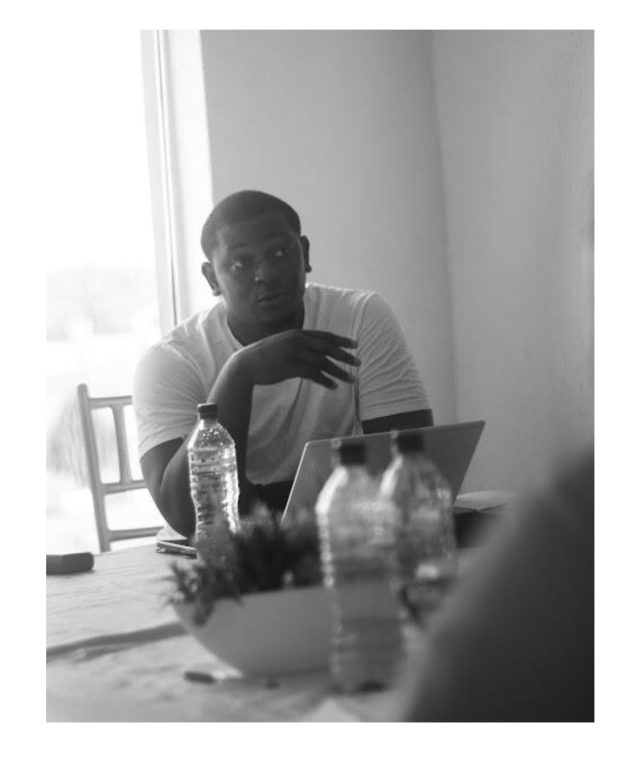
We start with a storytelling exercise. One true story, one made-up story. The listeners had to decide which was true and which was false. Slowly, we unravel. A girl talks about her mother in a profound story that ends up true. A man talks about his government secondary school antics; there are many childhood stories- a common thread we can relate to. We read a story, discussed poignant endings, and confronted personal notions of what a good story should be. There is an assignment where we must try to implement all we have learned.
- Building new worlds using the familiar
- How to write poignant short stories
- Deconstructing the need to use shock value for cheap audience attention
- Reverse engineering of verbs
- Combining situations to form a short story
- Trimming down stories to leave only relevant details
- How to draw inspiration from reading writers you admire
Pelumi Salako takes us to the first poetry class that evening. Some of us are not poets, but the distinctions gradually blur and eventually merge into one. Poets write stories. Screenwriters write poems. Prose writers discuss the cadence of poetry. There is a fusion of thoughts and more assignments, and we talk into the night.
We read poems by D.M. Aderibigbe, Olajide Salawu, Gbenga Adeoba, and other rich materials. We learn:
- What makes a poem– Language, imagery, subject, versimilitude, setting, rhythm
- The power of line breaks
- How to research properly
- How to lean into your indigenousness to reflect in poetry
- Erasing borders between languages to create engaging poetry
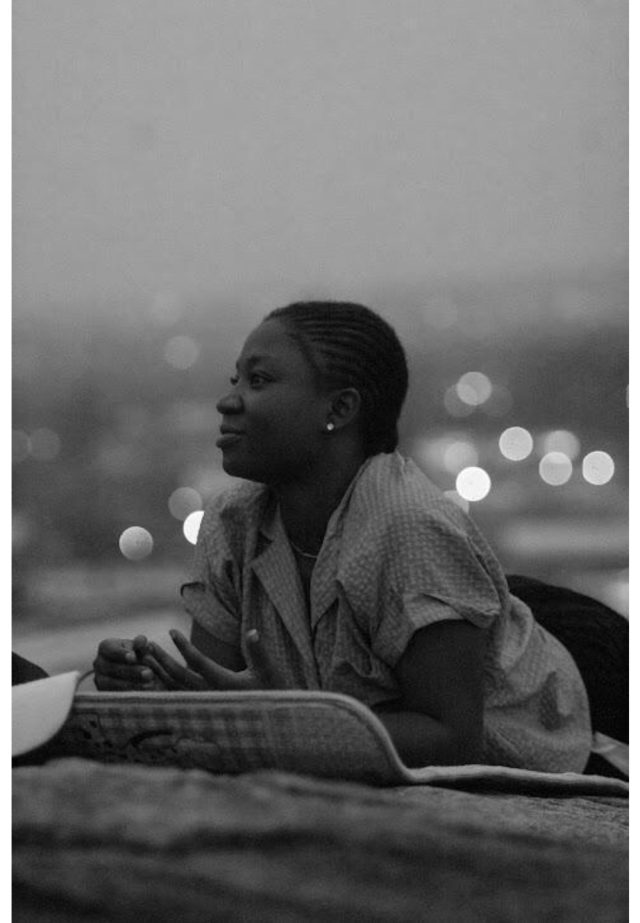
Learning the Art of Creating
Day two is an affirmation. We stretch our creative muscles and write things we claim would ordinarily take a week. In the morning, I sneak away with two writers turned friends to see the ostriches at the resort. There is a delicate pace with which things were run. Maybe it was the intense blue sky, the tarred roads, the looming trees, or the deep history coursing through the resort, but everything embraced you. Each chalet told a story.
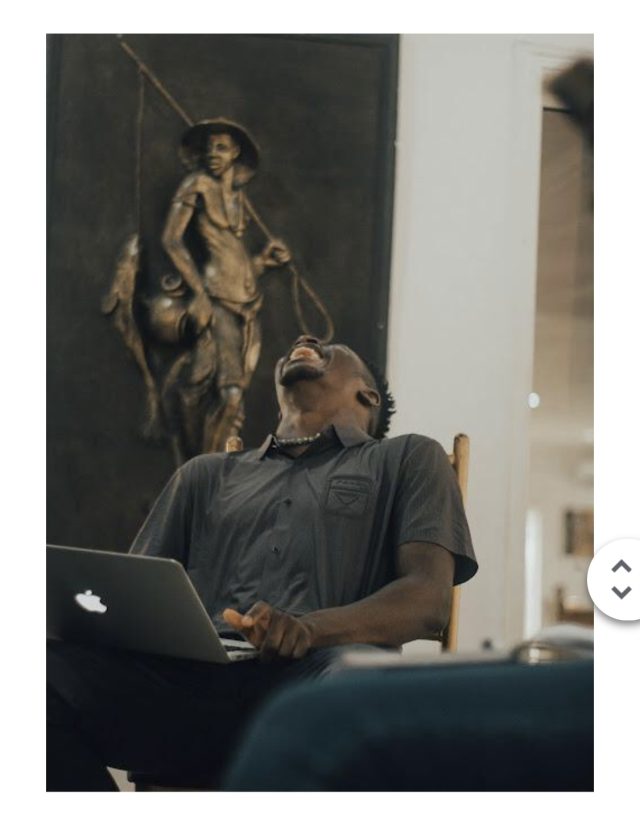
By midday, we are in the reception, reading new poems and arguing the Yoruba origins of words. I am inspired by how everyone is attuned to their mother tongue. Yoruba sits smugly between lines, unapologetic and transcendental. We go swimming at night. The moon is out, and we can feel everything more intensely. Music creeps through the speakers, and there is lots of laughter, lots of flailing, and no attempt to get to the deep end of the pool. By 2:00 am, we retire to our rooms. Swimming at night is a new experience. The sense of freedom perseveres.
Day three is a surprise. It threatens to be a slow day when we awake, but work must be done. Prose and poetry assignment deadlines hover above our heads. We take final poem critiques that evening, then set off for the campus ‘mountain’ at Obafemi Awolowo University. The naming amuses me. It is confident, obvious, and unhurried in its convention. Not the Olumo rock, the Idanre hills, or Adamara-mandara mountains. Just Mountain, daring you to un-name it, existing in its singularity.
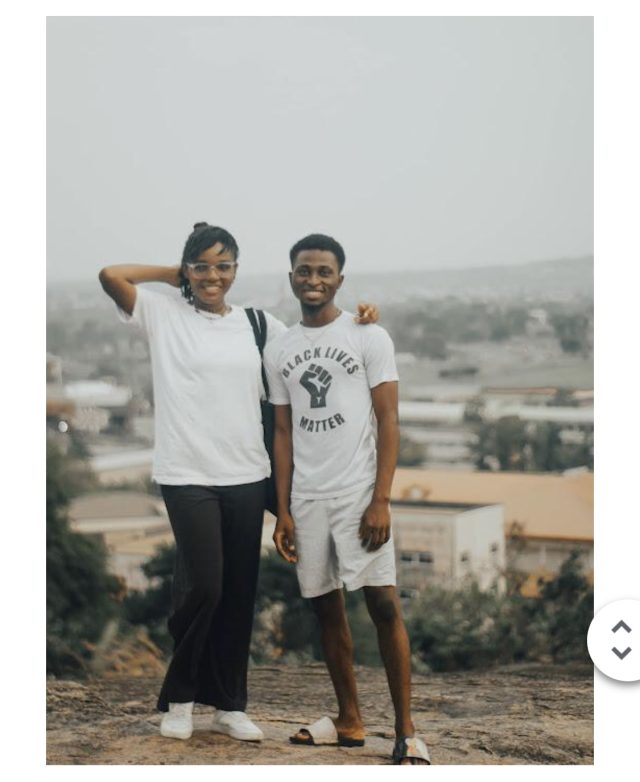
We study Wenlock Edge by Alice Munroe, surrounded by birds flying over Mountain.
We return and complete the last of the poetry session into the night. It is evident how much our work has improved in 3 days. On the ride back to the resort, Stromae’s songs blare from the speakers. My heart is beyond full. I had never heard someone casually play French songs in a car. We know deep down that it stems mostly from the community, the engagements, and the privilege of surrounding ourselves with quality work and rich experiences. The advantage of being seen.
The Lesson
Authenticity begets creativity.
All things end. The morning before leaving, we share an intimate session. We talk about every writer, their qualities, quirks, and idiosyncrasies. My heart is bursting at the seams, and I am secure in the knowledge that someday, we could meet and catch our eyes in a room full of strangers, aware that we share a memory that is ours alone.
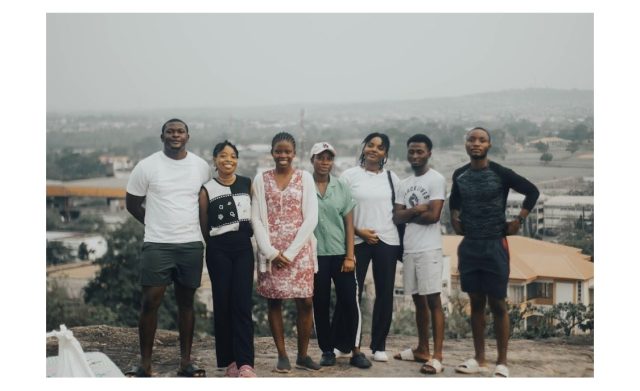
About the Writer
Erere Onyeugbo is a writer based in Nigeria. Find her previous works on; Agbowo, The Kalahari Review, African Writers, among others.


